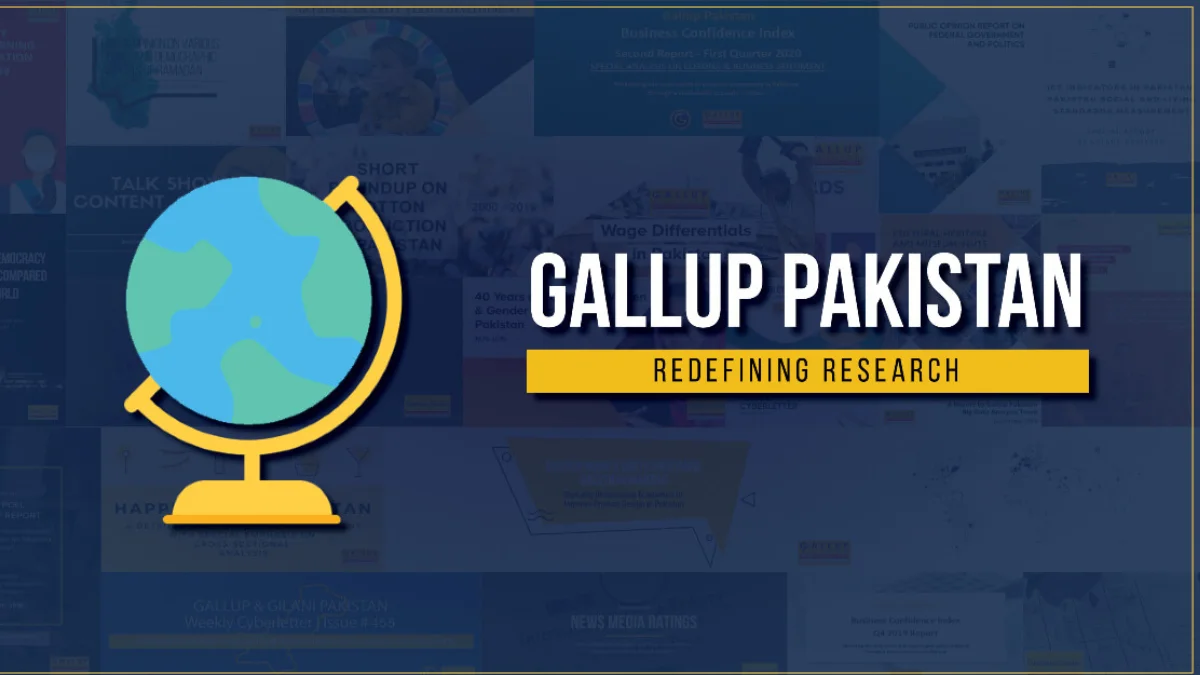In a call for a comprehensive and sustainable energy shift, experts are urging the government to chart a clear path towards the widespread adoption of renewable energy. The push for a holistic transition comes as the world increasingly recognizes the importance of sustainable energy sources to combat climate change and ensure long-term environmental viability.
The experts emphasize the need for the government to proactively navigate a well-defined course that fosters the transition to renewable. This strategic move aligns with global efforts to reduce dependency on fossil fuels and embrace cleaner, more environmentally friendly alternatives.
Key Aspects:
- Clear Transition Plan: Advocates stress the importance of a well-structured transition plan that outlines the steps and milestones for shifting towards renewable energy sources, ensuring a smooth and efficient process.
- Environmental Sustainability: The call for a holistic shift to renewable energy is rooted in the understanding that such a transition is essential for environmental sustainability, reducing carbon emissions, and mitigating the impact of climate change.
- Global Imperative: The urgency to transition to renewable energy is underscored by the global imperative to address climate challenges. Advocates highlight the role of governments in spearheading initiatives that contribute to a cleaner and greener future.
The renewable energy advocates emphasize that a well-defined roadmap will not only facilitate a smoother transition but also attract investments and innovations in the renewable energy sector. As countries worldwide commit to reducing their carbon footprint, Pakistan’s strategic move towards renewable energy aligns with the broader global agenda for a sustainable future.
As the government navigates this path, it is anticipated that a clear and comprehensive plan will inspire confidence among stakeholders, including investors and the public. The holistic shift to renewable energy is viewed as a transformative step that not only addresses energy needs but also contributes significantly to Pakistan’s commitment to international climate goals.
In conclusion, the call from experts for the government to chart a clear path for a holistic shift to renewable reflects a growing recognition of the importance of sustainable practices. As Pakistan seeks to diversify its energy sources and reduce its environmental impact, a well-defined transition plan becomes pivotal in steering the country towards a cleaner, more sustainable energy future. The collaborative efforts of the government, private sector, and civil society will play a crucial role in realizing the potential of renewable and securing a greener tomorrow.
Also Read: Reduced power tariff to revive economic activities: President FBATI





